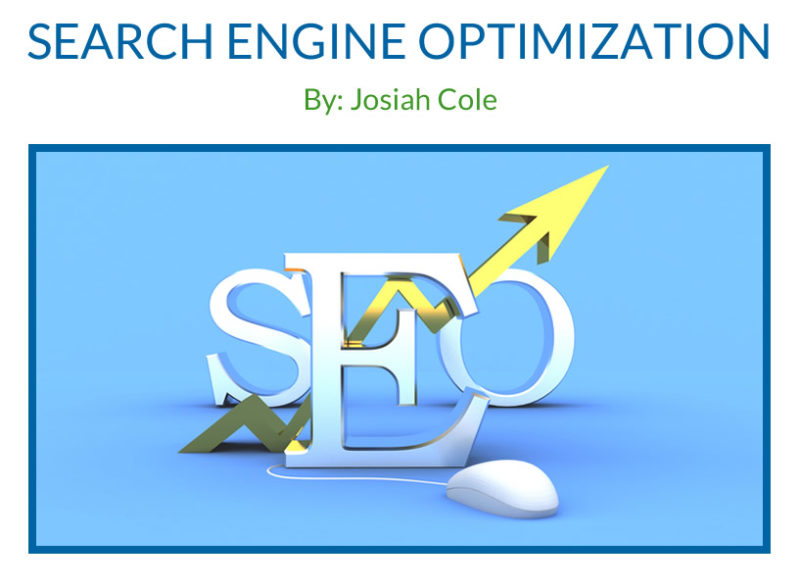
More than any other question, search engine optimization or SEO remains one of the top queries we field from both leads and existing clients. Many, however, don’t fully grasp what this term, or area of marketing actually means or involves. We’ve touched on this subject briefly before, however, we felt it deserved its own attention.
What was SEO?
Traditional search engine optimization started with the concept that a developer could optimize just the code of a website, to rank higher in the search engines. Meta keywords, meta descriptions, ALT tags, and all manner of hidden tweaks were once the tools of the trade, and they delivered results for many years. This is no longer the case, and the field of SEO has expanded to become much more transparent and wide-ranging.
What is SEO … now?
Search engine providers, of which there are only two giants remaining (Google and Microsoft/Bing) have evolved the way they rank websites to a point where optimizations to just code, are just one small piece of the ranking formula.
What factors are most important?
Here are the basic areas of “optimization” that search engines use to determine where a site ranks, for a specific search phrase.
- Incoming Links: I often say in client consultations, that links TO your website are the currency or gold of the Internet. No other factor has as much sway of where your site ranks than links to your websites from other websites. If you get a link from a prominent website, your relative rank will climb. Poor quality, reciprocal, or no links to your website will not help your ranking.
- Content: The content (copy) of each page is critical to how your site will be ranked. Copy within images is not indexed, which makes it important to have an actual copy on your site, which includes the keywords you want to rank for. If you want to rank for “X term” you must have that term on and throughout your website.
- Code & Accessibility: A hold-over from the good ol’ days, optimizing your code remains an important (but not the only) factor in where your site ranks. Having a lean, modern, and accessible code is critical for both users and search engines. Like speed (below), having an accessible site will benefit users as much, if not more than search engines.
- Speed: A small, new but very important ranking factor (because it affects user experience), the speed your website loads will determine where it ranks. Because the loading speed affects user happiness so much, Google now uses it as a ranking factor.
- Consistent Growth/Activity: As with any marketing tactic, a consistent and ongoing effort to maintain, and expand the content available on your site will help your rank improve. Users like updated websites, and so do Google and Microsoft. Publishing a ton of SEO optimized copy once-a-year will not benefit as much as a slow, and regular publishing schedule.
- Social Media: Technically a subset of “Incoming Links”, links, mentions, and favorites from social media now play a factor in the ranking of your website. Having a popular Facebook post, or a highly retweeted photo will help boost links associated with your posts and website.
Conclusion
I want to stress more than anything, that there is no “magic wand” for SEO. There is no amount of money that you can throw at us (although we welcome the offer) or another provider that will solve all your SEO woes without substantial involvement from you, and the people that make your business run. Similar to managing a social media campaign, managing your search engine rank requires creative thinking, active participation, and a keen eye for trends and customer needs.
Contact Desiree or me today, to learn more about optimizing for search engines (and people!)
